Having a disability in government has typically meant concealing, masking, or otherwise hiding any difference of mind or body on the campaign trail and in office. Franklin Delano Roosevelt remained paralyzed from the waist down after a bout of polio. Roosevelt used a wheelchair and leg braces for mobility, which he tried to conceal in public.
 While government roles have been filled by people with disabilities before and after Roosevelt, people running for public office have rarely felt comfortable revealing their disability status. Thankfully, there are signs that this is starting to change. Only days prior to the Pennsylvania Democratic primary, John Fetterman had a stroke. Fetterman proceeded to win the Senate seat despite the public nature of his disability. He embraced the use of accommodations and used closed-captioning technology, which translates audio into text on a screen in real time. Additionally, the Chairman of RespectAbility’s Board of Directors and Los Angeles City Council District 4-elect, Ollie Cantos VII, described himself as “blind since birth” on his campaign website. [continue reading…]
While government roles have been filled by people with disabilities before and after Roosevelt, people running for public office have rarely felt comfortable revealing their disability status. Thankfully, there are signs that this is starting to change. Only days prior to the Pennsylvania Democratic primary, John Fetterman had a stroke. Fetterman proceeded to win the Senate seat despite the public nature of his disability. He embraced the use of accommodations and used closed-captioning technology, which translates audio into text on a screen in real time. Additionally, the Chairman of RespectAbility’s Board of Directors and Los Angeles City Council District 4-elect, Ollie Cantos VII, described himself as “blind since birth” on his campaign website. [continue reading…]


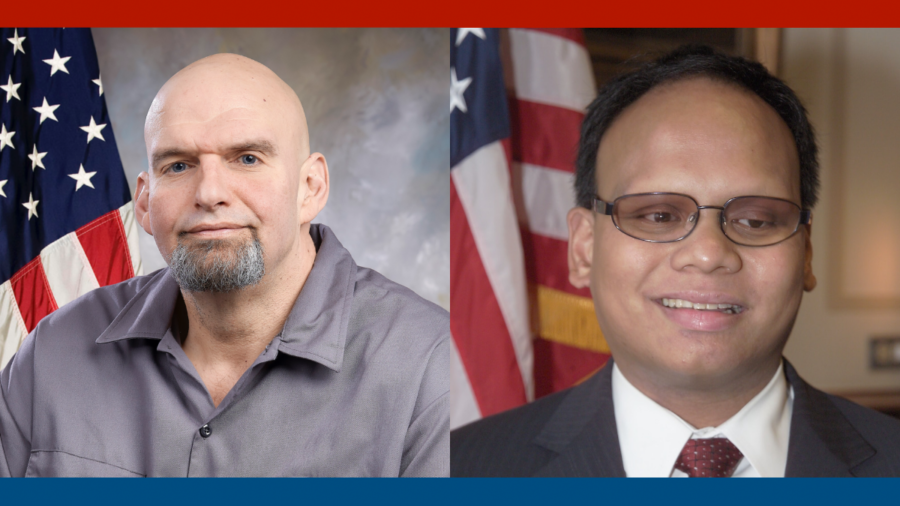
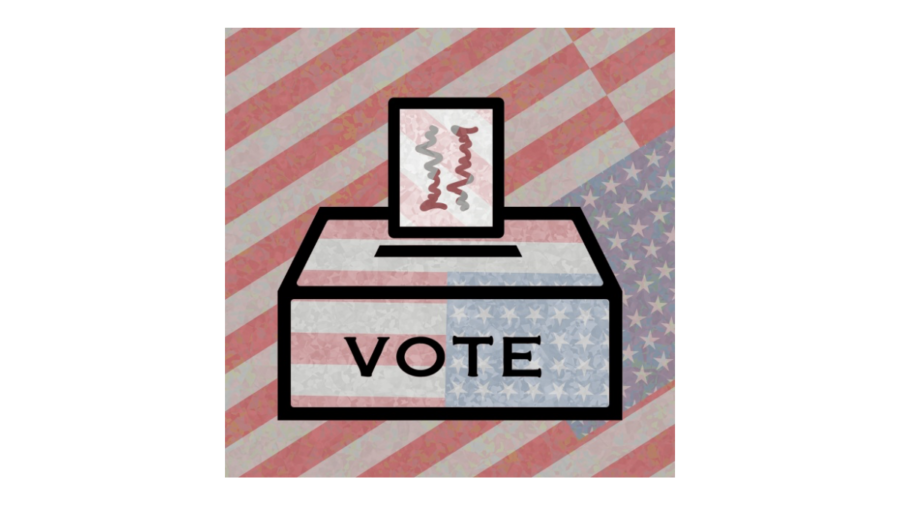
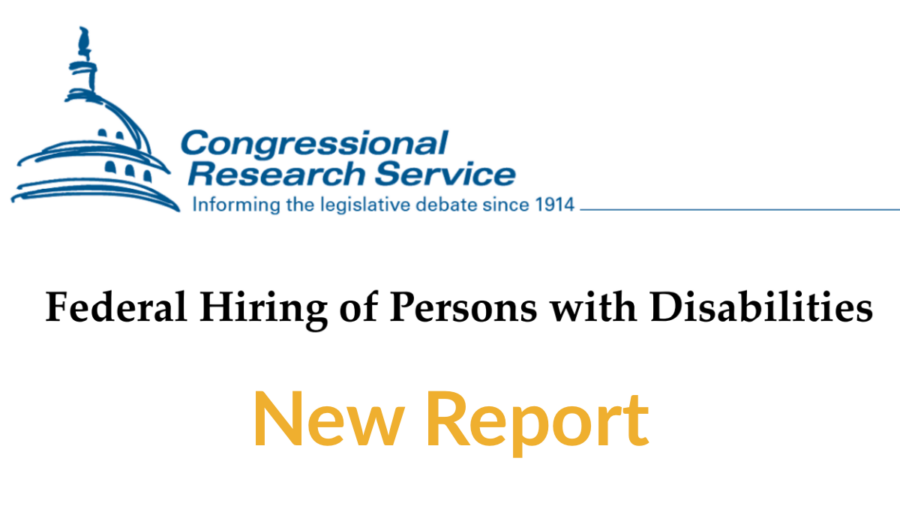
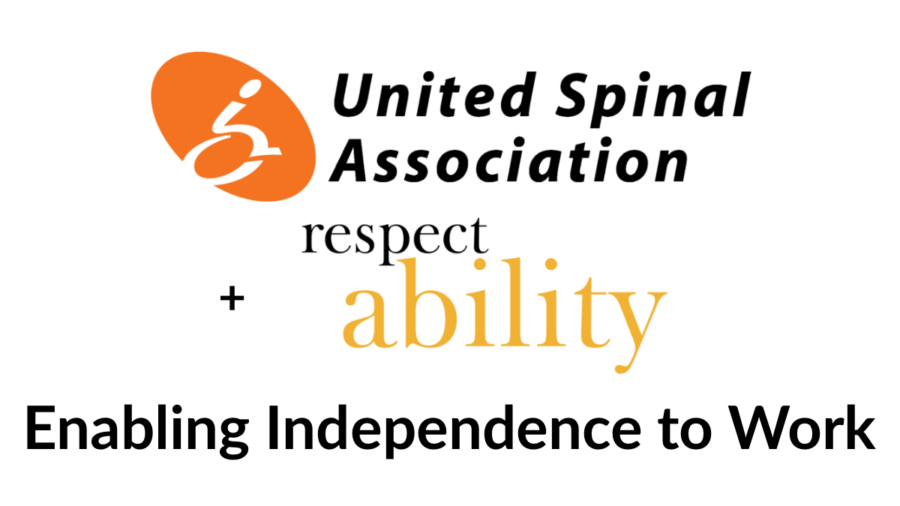
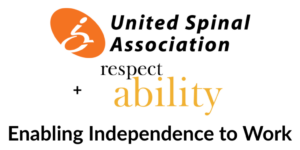 United Spinal Association and RespectAbility have embarked upon a major joint initiative to fundamentally change personal care for working people with disabilities by implementing market-driven solutions. The Enabling Independence to Work (EIW) program has designed a Medicaid buy-in model that will allow individuals with disabilities with personal care and complex medical needs to join the workforce. This program will be politically popular and economically feasible, as it will require substantial financial participation and still reward increased compensation.
United Spinal Association and RespectAbility have embarked upon a major joint initiative to fundamentally change personal care for working people with disabilities by implementing market-driven solutions. The Enabling Independence to Work (EIW) program has designed a Medicaid buy-in model that will allow individuals with disabilities with personal care and complex medical needs to join the workforce. This program will be politically popular and economically feasible, as it will require substantial financial participation and still reward increased compensation. 


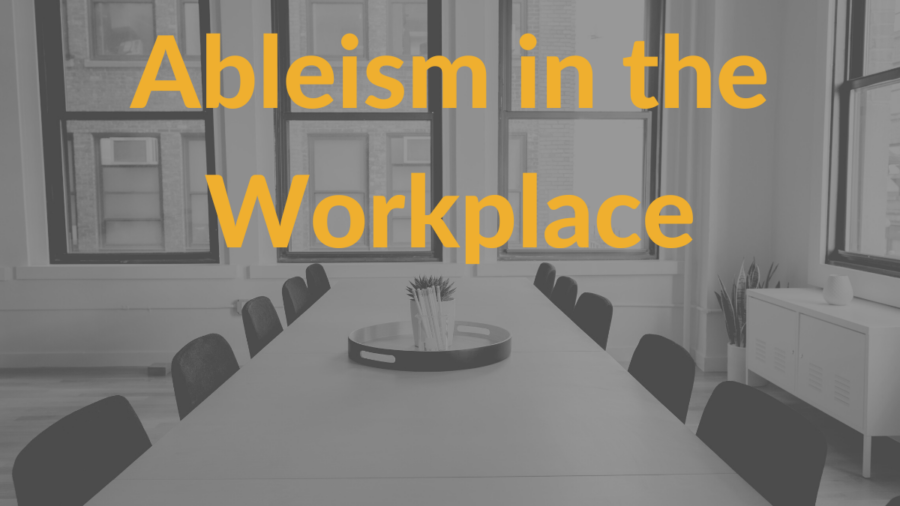
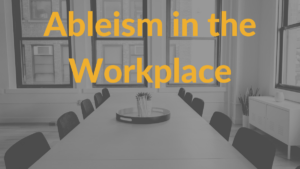 In the United States, workplace opportunities for people with disabilities have greatly expanded, and there’s more enlightenment toward people with disabilities. But there are still problems with ableism in the workplace.
In the United States, workplace opportunities for people with disabilities have greatly expanded, and there’s more enlightenment toward people with disabilities. But there are still problems with ableism in the workplace.


 As an employer, there are many ways you can improve the accessibility of your workplace for disabled workers, and one of the biggest is having flexible telework policies.
As an employer, there are many ways you can improve the accessibility of your workplace for disabled workers, and one of the biggest is having flexible telework policies.
 Disability is a set of barriers that society places on people whose bodies work differently. While disability is an extension of the human experience and spectrum of human abilities, the stigma and negative expectations of the disabled body contribute to othering. Inclusive employer policies are an important aspect of the rehabilitation of disabled people into the workforce. Many disabled people are able and willing to work but face unsurmountable stigma and non-inclusive policies from employers.
Disability is a set of barriers that society places on people whose bodies work differently. While disability is an extension of the human experience and spectrum of human abilities, the stigma and negative expectations of the disabled body contribute to othering. Inclusive employer policies are an important aspect of the rehabilitation of disabled people into the workforce. Many disabled people are able and willing to work but face unsurmountable stigma and non-inclusive policies from employers.


